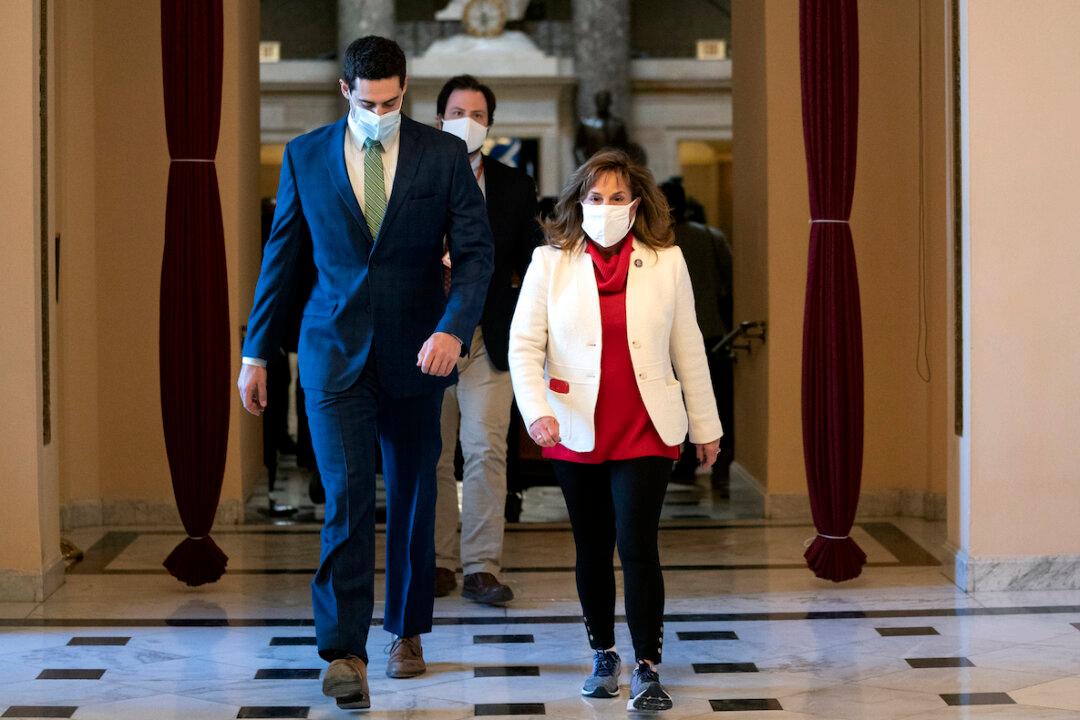Almost two dozen GOP House representatives urged President Joe Biden to pursue a formal free trade agreement with Taiwan, citing economic and national security benefits amid influence from the Chinese Communist Party (CCP) in the Indo-Pacific region.
In a letter on Monday, the lawmakers asked the Biden administration to submit for Senate approval a formal free trade agreement with the self-governed island nation under a U.S.-Taiwan Trade and Investment Framework Agreement (TIFA), a mechanism for resolving bilateral trade issues.




